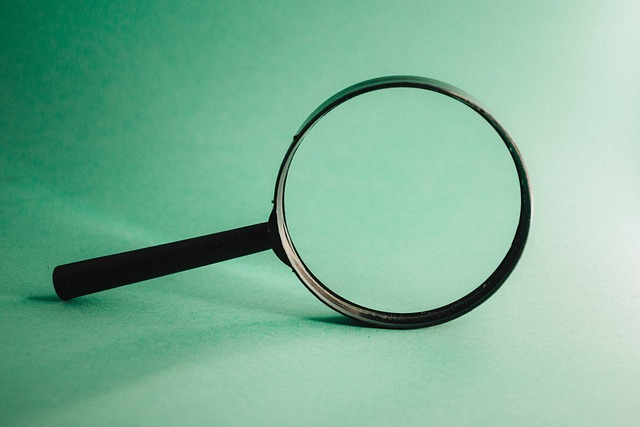Congratulations, you’re officially under contract! This is a hugely exciting milestone in the home buying journey, but you’re not quite over the finish line just yet — it’s time for the closing process.
The real estate agents on our team have walked their clients through hundreds of real estate transactions, so we’re here to share our insight into the closing process with you. Here’s what you can expect to happen next once you sign on the dotted line and are closing on a house.
Step 1: Hire a real estate attorney.
The very first thing you should do is hire a great real estate attorney. Over the next five or so business days, we’ll be going through a period called “attorney review.” Once you hire someone you trust, they’ll get to work on reviewing all of the documents carefully: the HOA, condo documents if applicable, and looking over your contract with a fine-toothed comb.
Step 2: Pay your first earnest money deposit
While your attorney does that, you’ll pay your first installment of earnest money. You might be thinking, what the heck is earnest money? Well, it’s essentially a good-faith payment from you to the seller. It makes your contract binding and shows them you’re serious about purchasing the property. Usually, the payment is anywhere from $1,000 to $5,000, but it depends on what is put in writing in your contract. Your deposit will sit in what’s called an escrow account, which is a third-party, safe place to hold your funds until the real estate transaction is over.

Step 3: The home inspection.
Next, we’ll have a home inspector come out and give you a very detailed overview of the condition of the property you’re buying. You can expect this home inspection to take anywhere from one and a half to three hours, depending on the size of the property. Once the inspector gives us the report back, we’re going to comb through it and pull out any items that we want to be addressed by the seller. That can include a range of things, from asking for money to fix issues or asking the seller to fix issues before you move in.

Step 4: The attorney letter.
The next thing that’s going to happen is your attorney is going to send what’s called an attorney letter. This happens once the five-day period where your attorney was doing all this due diligence is over. They will compile all the information they gathered into a nice concise letter, including any home inspection items that we want addressed and send it over to the other side’s real estate attorney.
Usually, there’ll be some back and forth at this step to negotiate the contract details. And that concludes the attorney review portion of a real estate transaction!
Step 5: Earnest money payment #2.
Once the attorney review period of the closing process is over, you will make your second earnest money payment into the escrow account.
Usually, it’s due two business days after the conclusion of the attorney review, and it’s normally a percentage of the sales price. This will depend on what we put in the contract, but you can expect what’s typically required, which is anywhere from 3% to 5% of the purchase price.
Step 6: Underwriting and getting cleared to close.
Over the next few weeks, your mortgage lender will go to work on the underwriting process for your loan. They’re probably asking you for some paperwork about your income and maybe some tax returns, but they’re doing the majority of the legwork at this point. Once you get what’s called a “clear to close,” meaning you have the money, everyone can move forward with the home sale.
Step 7: The final walk-through.
The last piece of the closing process will be a final walk-through with your real estate agent where we do a quick walk of the property just to make sure it is as you’re expecting, and then I send you off to the closing table. One the closing date, you sign your name a bunch of times on what feels like hundreds of closing documents, you’ll be handed the keys to your new home, and then you throw a party. And please make sure to invite us. We will bring champagne.

We hope that made the closing process seem a little less daunting. Have more questions about buying a home? Click here to download our Definitive Chicago Home Buying Guide.

